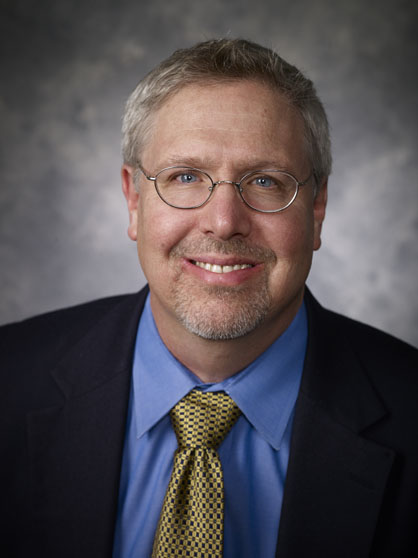After receiving his PhD in experimental psychology from Georgia Tech, Dr. Rypma did postdoctoral work focusing on neural imaging at Stanford and the University of Pennsylvania. He also brings his expertise in fMRI (functional magnetic resonance imaging) to UT Southwestern Medical Center (UTSW), and he was appointed by the former Dean, Bert Moore.
Dr. Rypma came to the Center from Rutgers University. “I had never imagined myself living in Dallas, Texas, but once I came here and saw all the resources being committed to neuroscience, I knew it was a good place for me,” he says. “Neuroscience isn’t something you can do in a small way. It has to be done big, and it has to be done right, so I was really impressed with the Center for BrainHealth, UT Dallas, and UTSW.”
Dr. Rypma’s research is aimed at exploring the cognitive and neurobiological mechanisms of human memory and how those mechanisms are affected by aging and disease. He uses functional magnetic resonance imaging (fMRI) to observe the activity of younger and older adults as they perform cognitive tasks. fMRI is still a relatively new method for studying brain activity and much work remains to be done to perfect it, especially when comparing different populations like young and old. Thus, one focus of Dr. Rypma’s work has been the development of fMRI experimental methods to facilitate cross-population comparisons of neural activity.
He has published extensively cognitive and neurobiological mechanisms of human memory, including high-profile publications in Proceedings of the National Academy of Science, Nature Neuroscience, Cortex, and Neuroimage. See Bart Rypma’s current biographical sketch.
